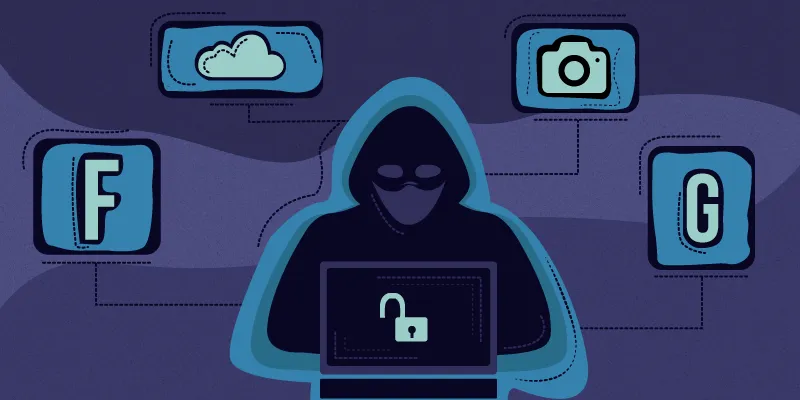WEF unveils new internet security principles to help protect up to one billion users
The new principles ask ISPs to protect consumers by default from widespread cyberattacks, and act collectively with peers to identify and respond to known threats.
The World Economic Forum on Thursday announced new internet security principles, developed by a group of leading ISPs and multilateral organisations to help protect up to one billion users.
Unveiling the new initiative at its 50th annual meeting, the WEF said BT, Deutsche Telekom, Du Telecom, Europol, Global Cyber Alliance, Internet Society, Korea Telecom, Proximus, Saudi Telcom, Singtel, Telstra, and ITU endorse these new principles combatting high-volume cyberattacks, protecting up to one billion consumers in 180 countries.
While certain cyberattacks focus on specific organisations, the majority target the largest number of internet users possible. Such attacks are often relatively easy for cybercriminals to undertake and can cause serious harm.

The impact of indiscriminate malicious activity online can be significant and carries an estimated global price tag of $6 trillion in 2021, the WEF said.
The World Economic Forum Centre for Cybersecurity brought together a group of leading internet service providers (ISPs) and multilateral organisations to develop new ways to protect and prevent these attacks from reaching consumers.
The new principles ask ISPs to protect consumers by default from widespread cyberattacks, and act collectively with peers to identify and respond to known threats.
Besides, ISPs need to take action to raise awareness and understanding of threats and support consumers in protecting themselves and their networks.
The ISPs will also work more closely with manufacturers and vendors of hardware, software, and infrastructure to increase minimum levels of security.
Besides, they will take action to shore up the security of routing and signalling to reinforce effective defence against attacks.
The WEF said it will now use its platform for 'Shaping the Future of Cybersecurity and Digital Trust' to drive adoption of the principles and seek to initiate a dialogue between public and private-sector stakeholders on how governments can incentivise uptake and establish clearer policy frameworks and expectations.
By working collaboratively, ISPs will be better placed to protect their customers and defend their networks than if they work alone, it added.
(Edited by Suman Singh)









